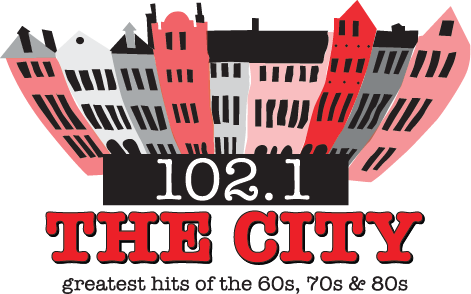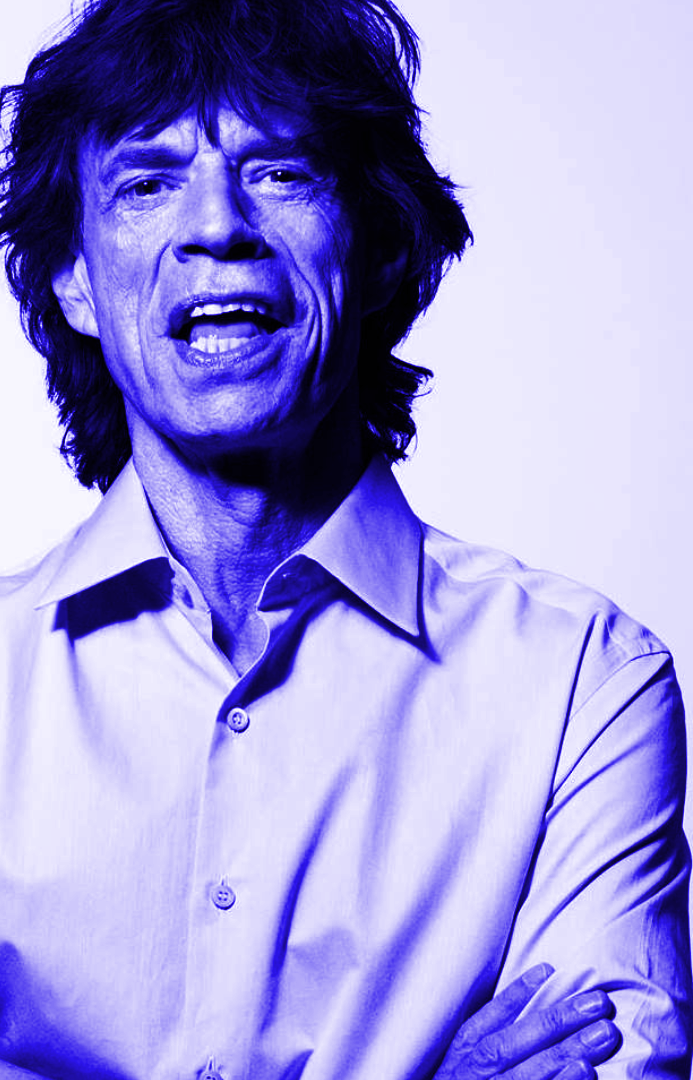At North Charleston town hall, Clyburn says voters must ‘work like hell’ to oppose Trump
NORTH CHARLESTON, S.C. (WCBD) — U.S. Rep. Jim Clyburn brought his town hall tour to North Charleston on Thursday, urging attendees to use the most powerful tool at their disposal to resist President Donald Trump’s administration: their vote.
“We must break our silence,” Clyburn told dozens of voters who filed into the banquet room of Royal Missionary Baptist Church on a rainy night. “We cannot allow things to be said and go unanswered, and the loudest voice that you can raise is your vote.”
It was the latest stop on a series of listening sessions that Clyburn, the state’s lone congressional Democrat, has been holding across the state as he seeks to rally supporters against Trump’s “chaotic, destructive” agenda.
At each one, a common theme has emerged, the congressman told News 2 in a brief interview after the event.
“People are very, very concerned about the direction of the country,” he said. “This country is at a crossroads. You can sense it.”
Clyburn spoke during the more than two-hour town hall about the impacts of the Republicans’ sweeping tax bill, which passed the House last week. It includes many of the president’s legislative priorities, from extending tax cuts enacted in 2017 during Trump’s first term to increased funding for immigration enforcement to scaling back federal programs like the Supplemental Nutrition Assistance Program (SNAP) and Medicaid.
The bill imposes stricter work requirements for Medicaid recipients, which the nonpartisan Congressional Budget Office estimated would result in more than $700 million in spending cuts but also lead to millions of people losing health coverage.
“I think the Medicaid cuts are alarming,” Sam Lourie, a 30-year-old who lives in West Ashley, told News 2 after the event. “I just don’t think the average American realizes how close it’s going to hit home until it does, and for me personally, I think it’s very unnecessary for the overarching goal that [Republicans] are trying to accomplish.”
Clyburn also addressed the economic consequences of Trump’s 25% tariff on the auto industry, tying it to job losses at Volvo’s Ridgeville plant. He criticized a May 8 deal made with the United Kingdom, a hub for luxury car manufacturing, that slashes tariffs to 10% for the first 100,000 vehicles imported to the United States.
“He did not give a break to them,” Clyburn said, referencing the thousands of workers employed by automobile companies in South Carolina, including Volvo, Mercedes-Benz, and BMW.
The event concluded with the congressman fielding questions on various issues, from a veteran who worried about losing his benefits to a rising high school senior concerned about how he will pay for college next year.
In responding to 17-year-old Zuriel Nyamutsaka’s question about higher education, Clyburn emphasized the importance of federal Pell Grants, a need-based scholarship that more than six million students rely on.
He pointed to a provision tucked into the “big, beautiful bill” that would increase the number of credit hours required to receive the maximum grant amount from 12 to 15, noting that about a quarter of current recipients would lose close to $1,500 if it passed.
“Why?” he asked rhetorically. “So that some billionaires can get another big tax credit.”
But not all the frustration was directed toward Republicans, with some lamenting about what they see as an inability on the part of Democrats to effectively counter the growing right-wing movement, both from elected officials and their fellow voters.
“I’m disenchanted with our party,” one woman said. “We need to stop being so polite. We don’t have to be rude, but we need to stop being so polite and we need to fight back.”
Speaking to News 2 afterwards, Clyburn defended his party’s tone and efforts in the early months of Trump’s second term.
“I don’t think we’re doing anything wrong,” he said. “I think that the problem that we have is that Democrats are civil in our approach. You don’t see us using profane language when we try to connect with people. You don’t see us doing things that would be detrimental to people.”
Still, he pointed to recent wins in special elections across the country as evidence that Democrats’ messaging is resonating with voters.
“We may not be connected to all the people in the viewing audience, but we seem to be making pretty good connections with those people when they go to the polls,” he added.
Thursday’s town hall was hosted by the Racial Justice Network.
Click Here for the Full Article
Author: Sophie Brams







